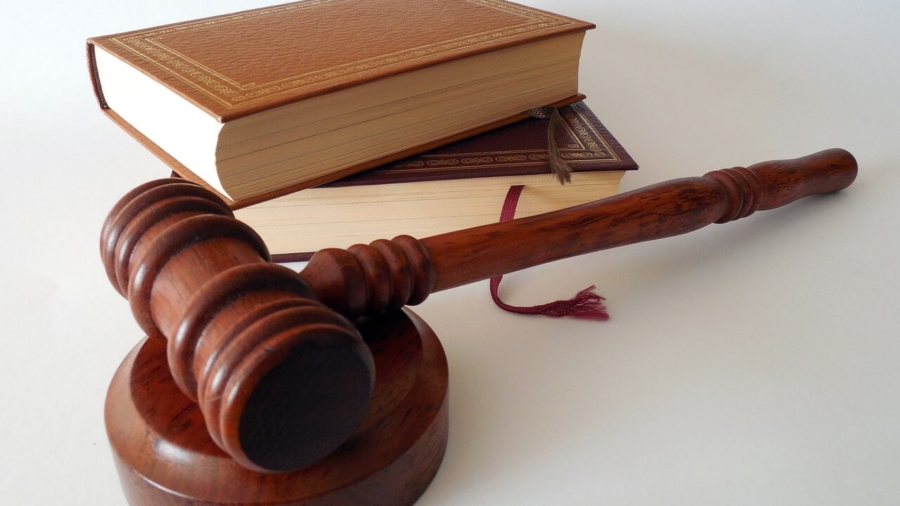When it comes to the construction industry, relying on verbal contracts can get you into a lot of trouble. Unfortunately, people do not always live up to their word, and even if they do, circumstances can change and render an old agreement moot. If the agreement isn’t recorded and notarized on paper, you could face some serious issues.
This post will explain the importance of contract law for construction, so you can ensure that all of your projects run smoothly and everyone’s roles are clearly spelled out.
The Downside of Verbal Contracts
Verbal contracts leave a lot to the imagination. That’s because it is impossible to discuss every facet of a project in a single conversation in a manner that all parties will clearly remember. By writing these details down and having all parties sign the agreement, you can ensure that the agreement is indexed as agreed upon.
Written contracts can provide all of the following benefits:
- Initiating terms for all payments due
- Negotiating payment terms for material price fluctuations
- Setting a timeframe for project completion
- Assigning responsibility for project delays
- Providing clear guidance for dispute resolution
- Defining the scope of the project and setting clear expectations
- Implementing a viable, legal termination clause
Simply put, contracts remove much of the uncertainty surrounding verbal contracts.
A Written Contract Holds All Parties Accountable
Construction projects typically involve multiple parties. Even with just two parties, things have the potential to be misconstrued. A contract provides a solution for many of the situations that could arise from multiple parties working together on a single construction project.
Why Are Contracts Effective?
Contracts are effective because they assign responsibilities across the lifespan of the project. For example, if one of the parties named in the contract fails some of their obligations, the contract will contain provisions regarding how they will be held accountable. From there, it is up to a construction attorney to enforce the provisions.
Beyond dispute resolution, contracts are designed to protect all parties involved. By outlining the terms of an agreement, a well-written contract can minimize employee exploitation and provide a fair allotment of time and resource distribution. It can also provide peace of mind by protecting specific components of your operation.
What Happens When a Contract Is Breached?
If you have a written contract that is breached by one or more parties listed in the contract, you could be entitled to financial compensation. Conversely, the contract could have provisions that enable parties to pull out under specific conditions.
Default Provisions
If a construction contract is not in writing, the law can use a default provision in the event of an issue. This means the judge will decide the case by imposing a default term. Unfortunately, this may not be favorable to the party seeking compensation.
By having a construction contract in writing, you can sidestep default provisions and resolve disputes more amicably. If your contract can be modified, you and the opposing parties can agree to change the provisions of certain clauses in a manner more suitable to the current situation. If you need help, contact a qualified construction attorney.
Need an Attorney? Contact Alves Radcliffe Today
If you are looking for a construction attorney with plenty of experience litigating construction cases in the Bay Area or the Greater Sacramento area, contact Alves Radcliffe. Alves Radcliffe is a California construction attorney with over 25 years of experience representing a wide variety of clients in construction law disputes that range from simple to complex. Reach out today to schedule your initial consultation.




